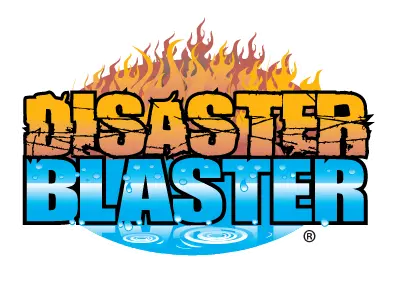
The importance of Smoke Detectors really cannot be overestimated given the impact they can have in saving lives. In fact, a report published by the National Fire Protection Association (NFPA) in March 2014 showed that 3 out of 5 home fire deaths resulted from fires in homes without working smoke detectors, making your smoke detectors probably the most important purchase you will ever make. But did you know that smoke detectors required maintenance? That they expire? Here we want to take a moment to answer some common questions homeowners may have about smoke detectors.
Smoke Detector Expiration:
While most people pay very close attention to expiration dates on food and prescriptions, it’s not uncommon for homeowners to forget that their Smoke Detectors have expiration dates as well! In fact, a recent national survey conducted by First Alert revealed that 72% of those surveyed didn’t know that Smoke Detectors needed to be replaced.
While the life expectancy of a smoke detector may vary, the common expiration date of a smoke detector is after 10 years or 87,000 hours of service; but always follow the recommendations included with your smoke detector. Combination smoke / carbon monoxide detectors generally will need to be replaced more often. As it is easy to forget an expiration date that far into the future, we recommend writing the expiration in the battery compartment with a permanent marker.
Smoke Detector Maintenance:
As Smoke Detectors are your first warning that there may be a fire in your home and are designed to give you the time necessary to get out of the property safely, it is important to ensure they are always in working order. If you do not know how old your smoke detectors are, it is recommended that you replace them to ensure that they will be working properly should you ever need them. The NFPA recommends that smoke detectors be tested monthly, and that the batteries be replaced twice a year. We recommend including replacement of your smoke detector batteries as part of your Spring and Fall maintenance.
Types of Smoke Detectors:
There are many different types of smoke detectors designed to meet the various needs of homeowners. From smoke detectors with lights that can better warn those with hearing problems to those with voice alerts that have been shown to be more effective in waking children; there is a smoke detector that will meet your specific needs. There are also combination smoke and carbon monoxide detectors, which are strongly recommended for common areas such as hallways in order to also alert you to dangerously high levels of carbon monoxide in your home.
Interconnected Smoke Detectors were found to provide the best protection, as they will all sound in the event of fire, alerting you immediately regardless of where in the property you may be.
Smoke Detector Placement:
Now that you’ve picked out your smoke detectors, you may be wondering where they should be placed and how many you should have. It is strongly recommended that you place a smoke detector in every bedroom or sleeping area and on every level of the home (Including the basement). High risk areas such as garages and laundry rooms should also have a smoke detector installed.
Given the hazards associated with high levels of Carbon Monoxide, it is recommended that some of your smoke detectors also be combination smoke and carbon monoxide detectors. Generally it is recommended to have at least one combination smoke and carbon monoxide detector per level, such as in hallways.
Fire Safety Tips:
While having smoke detectors is incredibly important, hopefully you will never need them. Here are some tips for reducing the risk of fire in your home!
• Clean your dryer exhaust hose and any lint that has collected on or around your dryer once a year to avoid Dryer Fires.
• Replace your smoke detector batteries as part of your Spring and Fall maintenance checklists.
• Prior to cold weather, have your furnace / heating system and chimneys serviced to ensure efficiency and safe operation.
• When using space heaters, never run them unattended or too closely to other content items.
• Watch for signs of electrical issues, such as tripping breakers or inconsistent service and contact a qualified electrician to have any issues resolved quickly.
• When grilling or burning, follow Safe Grilling Practices and do so far from your home and away from other combustible items such as trees or other structures.
• Have Fire Extinguishers in high risk areas of your home such as the Kitchen, Basement, and Garage. Most importantly, know how to use it.
• Have an escape plan and go over it with your kids regularly so that they know what to do in the event of a fire.
House fires can be devastating but, with the proper use and maintenance of your smoke detector, they don’t need to take lives. We hope that you found this information helpful and will be able to get the proper smoke detectors in place to ensure the safety of your family. At Disaster Blaster, we are not only experts in restoring your home after Fire, but part of the communities we serve. If you have any questions about our services or fire safety, please call your local Disaster Blaster office and we will be happy to assist you.
Interested in older news stories? Please see our News Archive.

